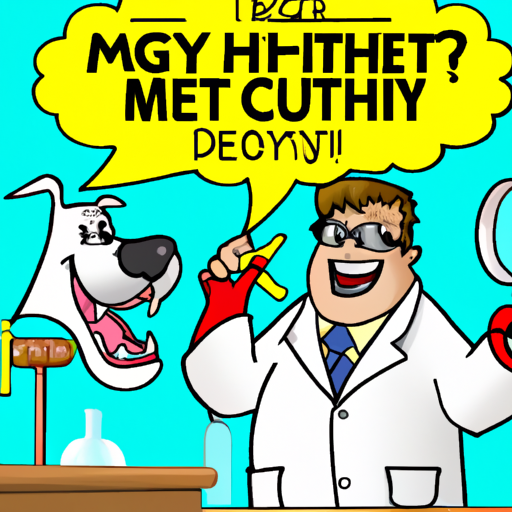Introduction
You’ve heard it a thousand times, right? “A dog’s mouth is cleaner than a human’s”. You might have even used this phrase to shrug off a slobbery kiss from your furry friend. But have you ever wondered about the truth of this statement? Let’s delve into this fascinating topic and bust some myths along the way.
The Origin of the Myth
The saying that a dog’s mouth is cleaner than a human’s is one that has been passed down through generations. It’s based on the observation that dogs use their mouths for many tasks, yet they don’t seem to contract oral diseases as often as humans do. However, as a responsible caregiver, it’s crucial to remember that dogs and humans have different types of bacteria in their mouths, making it hard to compare cleanliness.
The Science Behind a Dog’s Mouth
According to microbiologists, a dog’s mouth is far from sterile. Dogs have over 600 different types of bacteria in their mouths. While this may seem alarming, remember that not all bacteria are harmful. In fact, some are necessary for maintaining a healthy balance in the mouth.
| Bacteria | Found in Dogs’ Mouths | Found in Humans’ Mouths |
|---|---|---|
| E. coli | Yes | Yes |
| Staph | Yes | Yes |
| Capnocytophaga canimorsus | Yes | Rarely |
The Risk of Dog Bites and Licks
While the majority of bacteria in a dog’s mouth are harmless, there are a few that can be dangerous, especially if they enter the human body through a bite or lick to an open wound. The most notable of these is Capnocytophaga canimorsus, a bacteria that is rare in humans but common in dogs. If transmitted to humans, it can lead to severe infections.
How to Keep Your Dog’s Mouth Clean
Now that we’ve busted the myth, it’s crucial to discuss how to keep your dog’s mouth clean. As a caregiver, maintaining your dog’s oral health should be a priority.
- Regular brushing: Just like humans, dogs benefit from daily tooth brushing. Use a dog-specific toothpaste and brush.
- Healthy diet: A balanced diet can help maintain your dog’s oral health. Avoid foods high in sugar.
- Regular vet check-ups: Regular dental check-ups can help catch any potential problems early.
FAQ
Q: Can I get sick from my dog’s saliva?
A: While it’s rare, it’s possible if the saliva comes into contact with an open wound or if your immune system is compromised.
Q: Should I brush my dog’s teeth daily?
A: Yes, daily brushing is the best way to maintain your dog’s oral health.
Q: Can my dog’s diet affect its oral health?
A: Yes, a diet high in sugar can lead to dental issues in dogs just like it does in humans.
So, there you have it. The myth has been busted – a dog’s mouth isn’t cleaner than a human’s. However, with the right care and attention, your dog’s mouth can be kept healthy and happy.



